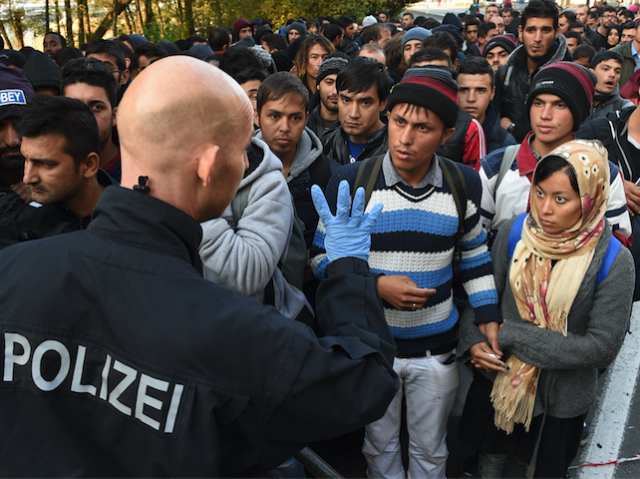The Wall Street Journal Reports:
BERLIN—When a bomb threat targeted the Thier Galerie shopping mall in Dortmund last month, police rushed to the scene and asked to scour closed-circuit camera recordings.
There wasn’t much footage to go through. An attempt by the mall operator to ramp up video surveillance last fall had been vetoed by local authorities who feared an assault on patrons’ privacy.
“You can’t just say you want to have more cameras,” said Heike Marzen, the mall’s manager. “There are certain laws we have to follow.”
A country branded by its dictatorial past, when surveillance was both dreaded and commonplace, Germany has some of the world’s toughest privacy laws. But after two attacks claimed by Islamic State and a mass shooting this summer, the government is pushing to recalibrate the balance between security and anonymity.
This month, German Interior Minister Thomas de Maizière introduced a raft of security proposals. Seizing on the case of the Dortmund mall, he made it clear many of these would require a change of mentality.
The threat there, he said, “could have been cleared up with video recordings if they hadn’t been forbidden by privacy champions.” Authorities could have quickly scanned feeds from the whole building to see if anything was planted. Instead police had to search the mall with dogs until close to midnight, forcing shops to close and preventing shoppers from retrieving their cars from the garage. They didn’t find a bomb and determined the threat to be a hoax.
Mr. de Maizière is proposing to add cutting-edge video surveillance in some 20 rail stations across the country and intensify monitoring of the internet. Many regional governments and large cities, meanwhile, are discussing video-surveillance of highly frequented areas, an almost nonexistent practice in much of the country.
Read more at the Wall Street Journal

COMMENTS
Please let us know if you're having issues with commenting.